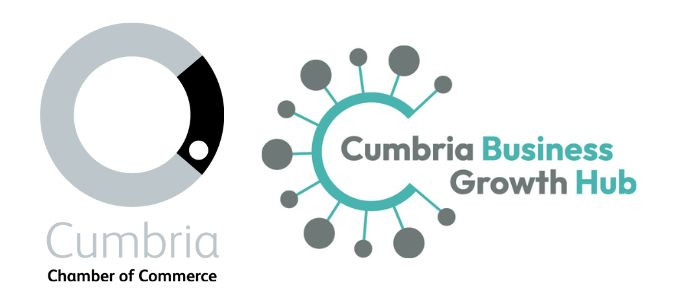 A heavy workload and worries about how they are perceived at work means that a third of British workers didn't take their holiday allowance last year.
A heavy workload and worries about how they are perceived at work means that a third of British workers didn't take their holiday allowance last year.
A YouGov poll commissioned by Wolters Kluwer has found that 33% of British workers said they did not take all of their annual leave allowance last year because their workload was too heavy.
Despite their entitlement to paid leave, 13% felt they couldn't take the holiday and 4% said they were worried about what their colleagues and employers would think if they took all the days off they were entitled to.
The right to paid holiday comes from the EU Working Time Directive and in the UK this is 28 days including bank holidays. The purpose of the directive, says Wolters Kluwer, is to protect people’s health as excessive working time is a major cause of stress, depression and illness.
But the firm suggests that employees' reluctance to take full holiday leave may go hand-in-hand with a rise in sickness absence. The survey found that short-term absence is a continuing problem for UK businesses, with 49% of workers saying they had taken genuine sickness absence in the last year and 5% admitting pulling a 'sickie'.
Mike Allen, managing director at Wolters Kluwer's UK HR division, Croner, said: "This is a real cause for concern for employers and demonstrates that many UK workers feel, for a variety of reasons, that they can't take time off. However, the problem with not taking time off is that it leads to absence through sickness which is why the Working Time Directive was introduced in the first place."
Managing short-term absence such as holidays and sickness is a real challenge for UK business," said Allen. "Organisations need to focus on interventions and management of short-term absence and holidays to ensure that employees have a healthy work-life balance. Bosses should ensure that employees feel able to take annual leave without the fear of what they may return to."
Wolters Kluwer has published a white paper, Absence: more than just a sickness problem, offering advice for business owners and line managers.
